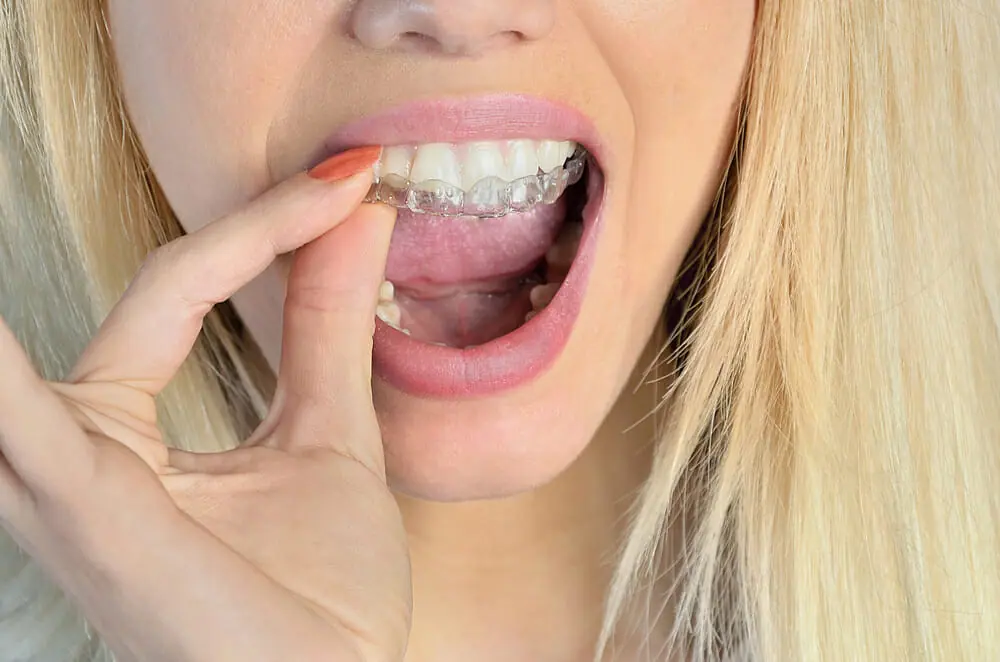Sleeping should be restorative and refreshing, but this is not the case for a large population of people. Unfortunately, many people grind their teeth in their sleep, which often leads to pain, tension, and tooth damage, as well as disrupted sleep, which has its own impact on the person’s health. Fortunately, a sleep mouth guard or splint offers an effective solution that aids in better sleep and prevents the challenges that come with teeth grinding.
Your dentist will be able to determine whether you are a grinder or not since most people are unaware of it until their dental check-up. If you are a grinder, your dentist will likely recommend a sleep mouth guard or splint that is completely comfortable to wear. The mouthguard fits onto your upper teeth and acts as a barrier between your upper and lower teeth, so when you clench or grind, there is no friction.
Patients have had excellent success sleeping with a mouthguard and have far less discomfort than before. So, if you want to get rid of persistent headaches and soreness in the jaw and want to protect your teeth from damage, a sleep mouthguard is the perfect solution.
Here at Newcastle City Dental, we want to help our patients both inside and outside of our practice, which is why we take careful care to ensure that your oral health is taken care of even when you are at home. With our sleep mouthguards and splints, you can experience a peaceful night’s sleep and protect your teeth from damage.
Give us a call today to schedule an appointment!
Long-Term Effects Of Bruxism.
Bruxism (teeth grinding) is not common knowledge to many people, and some may have never heard of it before until they see the long-term effects it has had on their oral health. Unfortunately, it can be easy to mistake the signs of Bruxism for something completely different, especially since it is an involuntary action that a person unconsciously performs.
A person who suffers from teeth grinding will often experience persistent headaches, a stiff and sore neck, increased tooth pain and sensitivity, damage from chewing on the inside of your cheek, and pain when opening and closing the jaw. There will also be clear signs of tooth damage that, in extreme cases, will need to be repaired with crowns and veneers or other restorative dentistry solutions.
It’s important to know the signs of Bruxism before the damage becomes severe, but it is also just as important to have frequent dental check-ups to detect it early on and put preventative measures in place.
So, schedule an appointment with us today and let’s discuss if a sleep mouth guard or splint is the right solution for you!




